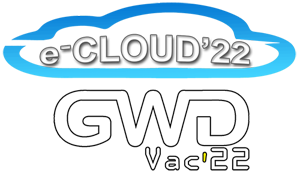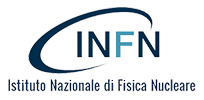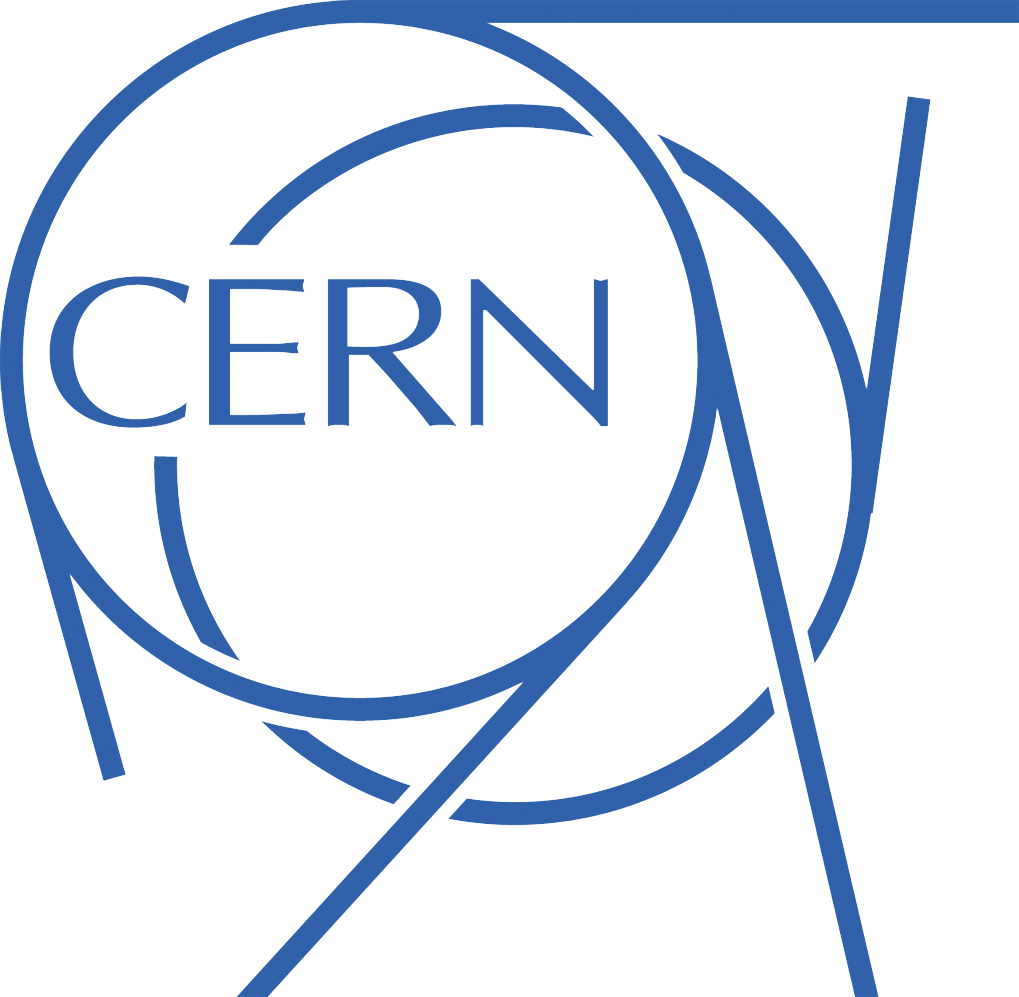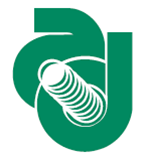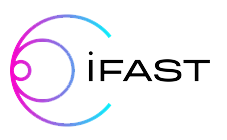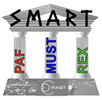
The eighth electron-cloud workshop, ECLOUD'22, will take place from 25 to 28 September 2022 at La Biodola (Isola d'Elba) Italy. The existence of the electron-cloud effects (ECE’s) has been firmly established experimentally at essentially all modern positron and hadron storage rings, either via performance limitations or by deliberate provocation. The ECE is a consequence of the strong coupling between a positively charged particle beam and a cloud of electrons that inevitably develops inside the vacuum chamber. Resulting deleterious effects include beam instabilities, beam losses, emittance growth, increases in vacuum pressure, additional heat load on the vacuum chamber walls, and interference with certain types of beam diagnostics.
Electron-cloud effects remain dynamical phenomena which are only incompletely understood. While the fundamental mechanisms are well recognized and the qualitative picture is clear, the phenomena involve many surface properties and geometrical parameters of the vacuum chamber coupled in a nontrivial way with the beam characteristics. The ECE can also conspire with classical wake-field effects and/or the beam-beam interaction. In addition, the relevant time and energy scales span a wide range, and many of the essential parameters are not well known a priori. Hence the detailed prediction of ECE's at a given machine, not to mention the extrapolation from one machine to another, are subject to great uncertainty.
Since the last successful workshop ECLOUD’18, which also took place in La Biodola (Isola d'Elba) Italy, an intense R&D effort has been under way to further understand the physics of the electron cloud and to investigate new methods for the mitigation of its adverse consequences.
Electron cloud remains a major concern for the High Luminosity LHC and even for the actual LHC run 2. At CERN and worldwide a significant effort is also dedicated to the study of Future Circular Collider (FCC) options – involving both proton and electron-positron colliders which may suffer from electron cloud. EIC (the Electron Ion Collider) to be built in USA, will also face issues related to this phenomenon and will benefit from the joint synergic effort driving the workshop. It is urgent to better quantify and understand the associated phenomena to ascertain the feasibility of the performance goals.
The ECLOUD'22 workshop will be a timely meeting at which to present, discuss, and compare many recent and new electron-cloud observations at the LHC, SuperKEKB, FNAL and DAFNE, electron cloud predictions for FAIR, NICA, EIC, FCC-ee, FCC-hh, etc. The ECLOUD’22 workshop will also showcase and examine electron-cloud mitigation measures, such as clearing electrodes, graphite/carbon coatings, and chemically or laser treated surfaces, along with the modeling of incoherent electron-cloud effects, self-consistent simulations, synergies with other communities like the growing Gravitational Wave Detectors Vacuum community.
The ECLOUD'22 workshop will share a joint section – “GWD vacuum meets accelerator vacuum”- with the GWDVac’22 workshop closely following. The session, which will be held the afternoon of the 28th September, will discuss vacuum and material science issues and potential R&D programs of common interest to both the accelerator experts and the community specialized in Gravitational Wave Detector Vacuum.
The ECLOUD'22 program will focus on: a review of EC observations at existing machines; recent experimental efforts to characterize the EC (including EC diagnostics, experimental techniques, characterization of mitigation methods, and characterization of beam instabilities and emittance growth); the status of EC physics models and simulation codes and their comparison with recently acquired experimental data; and the mitigation requirements and potential performance limitations imposed by the EC on existing, upgraded and future machines.
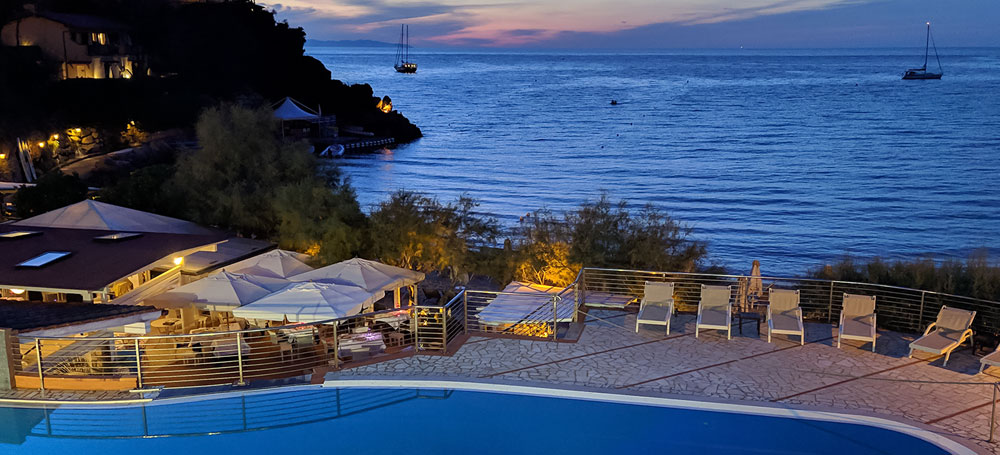
ECLOUD'22 will be held at the Hermitage Hotel in La Biodola, Isola d'Elba. We are looking forward to an exceptional gathering where we can enjoy the beautiful location, have interesting scientific discussions about the state of the art, and initiate stimulating collaborations among electron-cloud key experts as well as with students and other scientists from neighbouring fields.
Chairs: R. Cimino & F. Zimmerman
The meeting is sponsored by:
